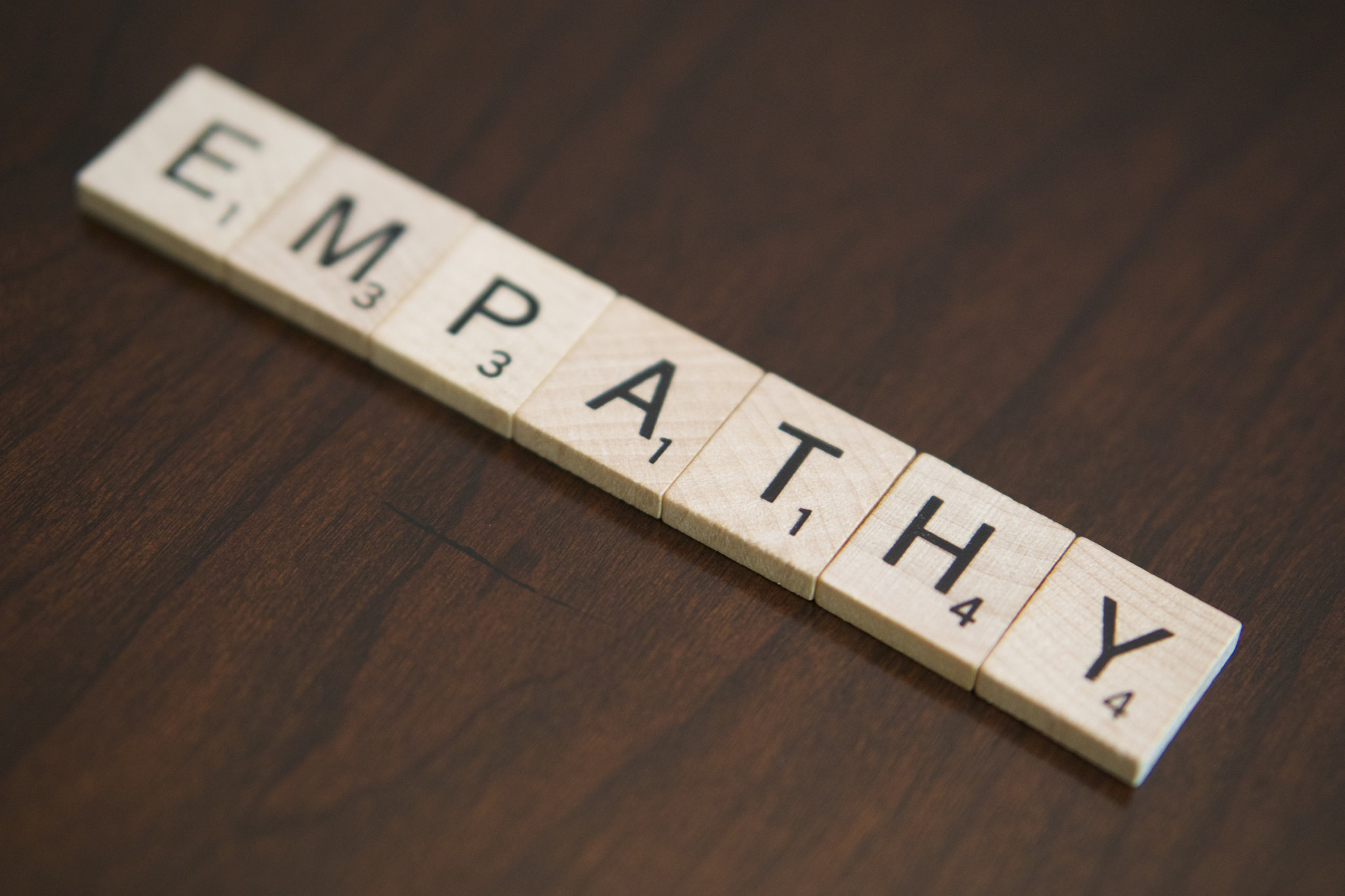A study from University College Cork has recently been published investigating the link between medical students’ scores on HPAT Section 2 and a questionnaire called the Jefferson Scale of Physician Empathy.
The researchers’ conclusion was that “JSE [Jefferson Scale of Empathy] values did not correlate with HPAT-Ireland scores”. Is this something we should be concerned about? Should we even expect to be able to measure empathy?
Google, Oxford, Merriam-Webster, Wikipedia, Cambridge, and PsychologyToday broadly agree that “empathy” means “the ability to understand and share the feelings of another”.
According to the “About” section from the website of HPAT provider ACER, Section 2 assesses the ability to understand and think about people. Questions are based on a scenario, dialogue or other text representing specific interpersonal situations.
Most passages will have several questions. The questions assess your ability to identify, understand, and, where necessary, infer the thoughts, feelings, behaviour and/or intentions of the people represented in the situations. That fits the definition of empathy.
It could also be described as reading comprehension. The ability to work out what others are thinking is a fundamental part of human social cognition. Since it’s not possible to put thousands of Leaving Cert students in the middle of identical social situations and assess their understanding, we just have to do it on paper.
One’s ability to understand the feelings of others and then predict their behaviour does not make one a good person. It’s a basic prerequisite for survival in a social environment. Goodness or otherwise depends on actions.
If a military commander can put himself in the shoes of the enemy and figure out what they’re likely to do next, he has a good chance of trapping and defeating their army. Whether that is a good or bad thing depends on context; empathy, as a personality trait on its own, is broadly morally neutral.
The Jefferson Scale of Physician Empathy does not test anyone’s ability to do anything. It asks for opinions. It is a 20-item questionnaire where respondents give each statement a score from 1–7, where 1 is “strongly agree” and 7 is “strongly disagree”. For example: “For more effective treatment, physicians must be attentive to their patients’ personal experiences.”
Considering how humans have remained roughly unchanged for the last 70,000 years, it seems a bit strange that the word “empathy” was itself only invented at the end of the 19th century.
I’d give that one a “strongly agree” and I imagine nearly everyone in the UCC School of Medicine did as well. How about another one? “The best way to take care of a patient is to think like a patient.” That’s open to interpretation. Exactly how “like a patient” are we supposed to be thinking here?
If a patient is panicking, should we join in? It’s necessary to see where the patient is coming from if we want to explain things effectively but that’s a bit vague. How about I agree but not quite strongly agree, and give it a 3? According to the Jefferson Scale, someone who strongly agrees is just plain more empathetic in that regard than I am. So there.
In fairness, most of the items in the questionnaire are statements about the importance of paying attention to your patients which are well-supported by evidence. They come up in lectures again and again.
If you see a statement like: “Patients feel better when their feelings are understood by their physicians,” and you fail to agree, either (a) you weren’t paying attention, (b) the lecturer wasn’t very convincing, or (c) you were still in bed. That’s not the HPAT’s fault.
The HPAT measures the student’s reading comprehension as a teenager. The JSE measures whether they turned up to lectures about the “softer” side of medicine. It’s no surprise that when you measure two completely different things, the results don’t match. We just get thrown into a confused state by this word “empathy”.
Simply stating that your questionnaire measures empathy doesn’t mean that it actually measures empathy. It isn’t entirely clear whether “empathy” can be measured on its own. A 2007 systematic review published in the journal BioMed Central Medical Education concluded that “no empathy measures were found with sufficient evidence of predictive validity for use as selection measures for medical school”.
Some studies have suggested that empathy is an undefined function of other personality traits, especially agreeableness and conscientiousness. The authors of a 2016 study in Frontiers in Psychology add, “we didn’t observe differences in the prediction of cognitive versus affective empathy, indicating that both associate with the same personality dimension”.
That contradicts the definition of empathy given by the researchers who developed the Jefferson Scale. They specifically state in a 2003 follow-up paper, “we have proposed that empathy is predominantly a cognitive attribute, whereas sympathy is primarily an ‘affective’ personal quality”.
Considering how humans have remained roughly unchanged for the last 70,000 years, it seems a bit strange that the word “empathy” was itself only invented at the end of the 19th century. Had a core pillar of the human psyche simply gone unnoticed forever or were we just too vague with our language? Thus, if we’re going to argue about the measurement of empathy using the HPAT, we will first have to decide what empathy actually means.







